Disclosure: This article contains affiliate links. We may earn a commission from purchases at no extra cost to you, which helps our travel content.
As someone who typically crosses finish lines solo, trading my racing bib for a family safari adventure in Nepal's Chitwan National Park felt like entering an entirely different endurance event. But just like marathon training builds character, I discovered that navigating jungle trails with curious kids in tow creates a unique kind of stamina – one measured not in miles but in wildlife sightings, cultural connections, and those priceless 'wow' moments that only nature can deliver. This wasn't my typical solo running expedition, but joining my sister's family for their Nepal adventure proved that sometimes the best races are the ones we run together.
Trading Running Shoes for Rhino Tracks
While my typical travel itinerary revolves around marathon routes and training schedules, swapping my trusted running shoes for sturdy hiking boots marked the beginning of a different kind of endurance test. Chitwan's terrain demands respect – humid, occasionally muddy, and always teeming with life that demands your full attention.
Our first morning safari began with my niece and nephew vibrating with excitement as we climbed aboard a jeep at dawn. Having run through national parks across America, I thought I knew what to expect from wildlife encounters. I was gloriously wrong. There's something fundamentally different about tracking rhinos through tall elephant grass with expert naturalists who can read the jungle like I read race elevation maps.
The children's education began immediately – learning to spot paw prints, identify bird calls, and most importantly, practice the patience that wildlife viewing demands. As someone accustomed to constant forward motion, watching my normally screen-obsessed nephew sit perfectly still for 20 minutes while a mother rhino and her calf grazed nearby was its own kind of miracle. Some lessons can only be taught by the wild itself.
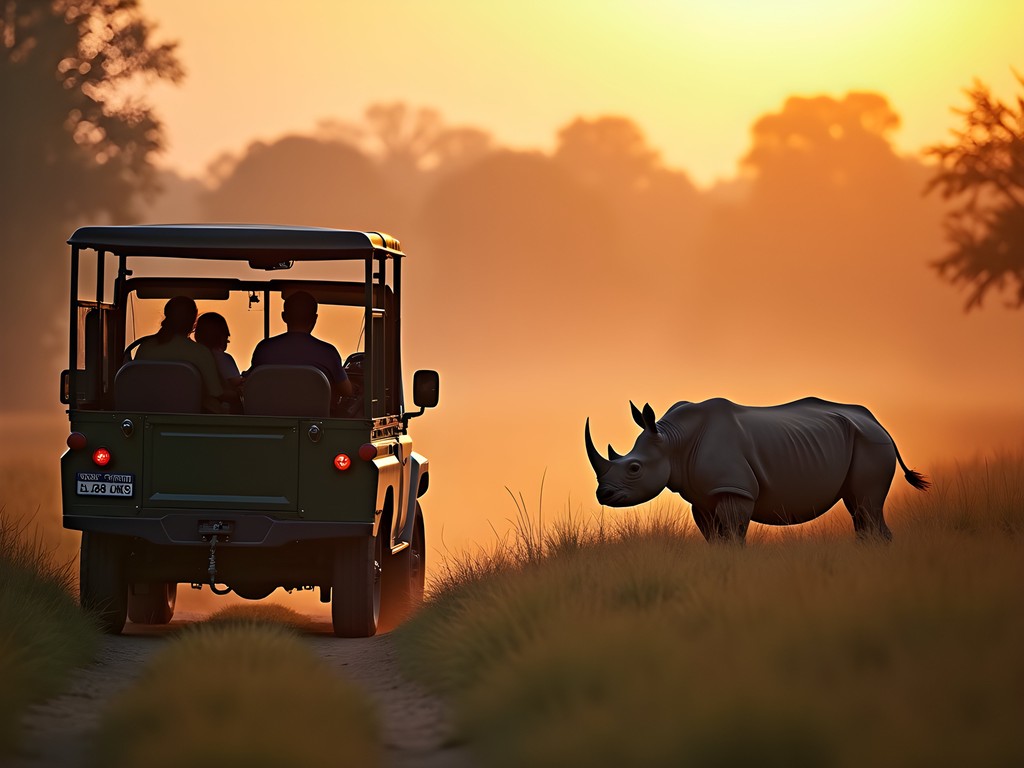
💡 Pro Tips
- Book early morning or late afternoon safaris when animals are most active
- Pack a quality pair of binoculars for each family member, even kids
- Wear neutral colors (khaki, olive, tan) to avoid startling wildlife
Elephant Encounters and Ethical Dilemmas
Before visiting Chitwan, I researched extensively about ethical wildlife tourism – a marathon of its own through conflicting information. The park has evolved significantly in recent years, moving away from elephant rides toward more responsible interactions. We chose a conservation-focused lodge that offers observation-only elephant experiences, allowing us to watch these magnificent creatures from a respectful distance.
Our guide Ramesh, a former mahout (elephant handler) turned conservation advocate, walked us through the complex history of human-elephant relationships in Nepal. The kids were full of questions: "Why can't we ride them?" "How do they communicate?" "Do they remember people?" Each question opened doors to conversations about animal welfare that no classroom could replicate.
For families visiting Chitwan, I strongly recommend bringing along a wildlife journal for children to document their observations and questions. My niece filled pages with sketches and facts about Asian elephants, creating a souvenir more valuable than anything we could have purchased.
The highlight came at sunset when we visited the elephant breeding center. Standing at a safe distance, we watched the playful interaction between baby elephants while Ramesh explained conservation efforts to protect these endangered giants. My marathon-trained lungs caught as my 7-year-old niece whispered, "Aunt Sophia, I want to be an elephant doctor when I grow up." Sometimes, the most important races are the ones that inspire the next generation to run further than we ever could.
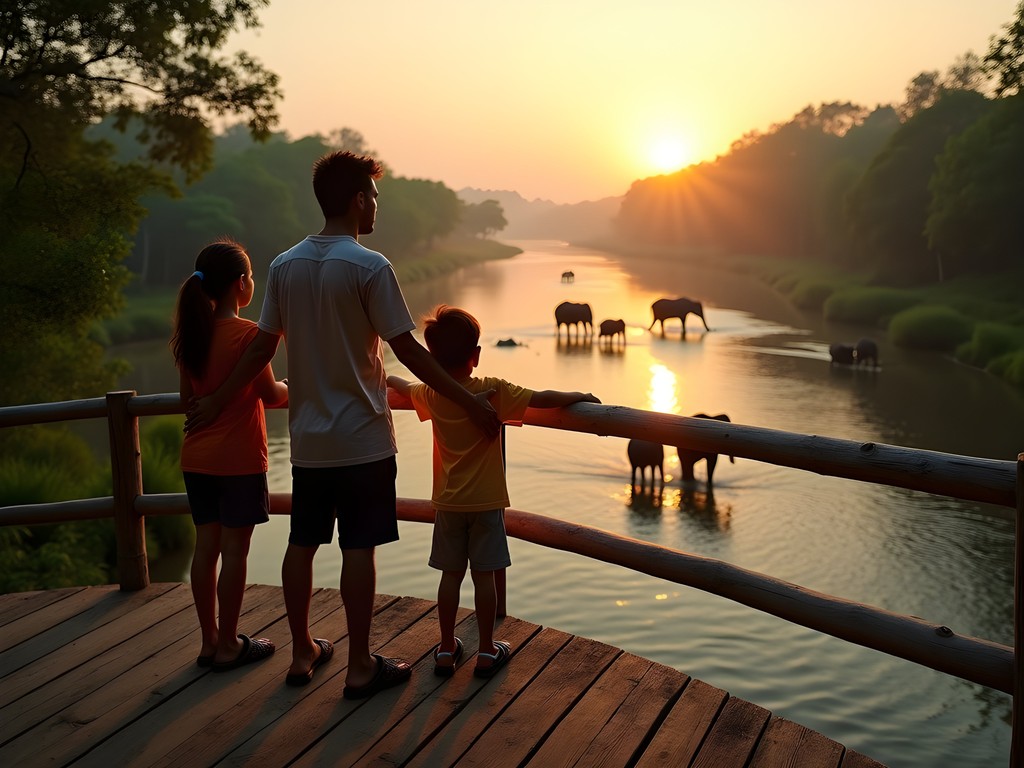
💡 Pro Tips
- Research lodges with ethical wildlife practices before booking
- Prepare children beforehand about why certain animal interactions aren't allowed
- Bring a small donation for local conservation efforts if your budget allows
Jungle Classroom: Learning Through Adventure
As a marathon runner, I've always believed that our bodies are the ultimate learning tools – and Chitwan proved to be the perfect experiential classroom. Our lodge offered a Junior Naturalist program that transformed ordinary walks into scientific expeditions. Armed with kids safari vests (which quickly became their prized possessions) and magnifying glasses, the children transformed into miniature scientists.
During our canoe trip down the Rapti River, what could have been just a scenic float became an interactive biology lesson. Our guide helped identify different bird species, explained the crocodile's role in the ecosystem, and even stopped to examine tiger paw prints along the muddy banks. The kids recorded everything in their nature journals, creating their own field guides that would have made any science teacher proud.
One morning, we joined a guided jungle walk focused specifically on medicinal plants. My marathon training has taught me to respect natural remedies for recovery, but watching the children learn how indigenous communities have used these plants for generations added layers to their understanding of conservation. They touched, smelled, and (when safe) tasted their way through the forest pharmacy, making connections between nature and wellness that no textbook could provide.
The jungle became our living classroom, teaching lessons about biodiversity, ecosystems, and sustainability in ways that resonated deeply with young minds. As someone who measures progress in mile splits, watching knowledge bloom in real-time proved that some educational journeys can't be timed – they can only be experienced.
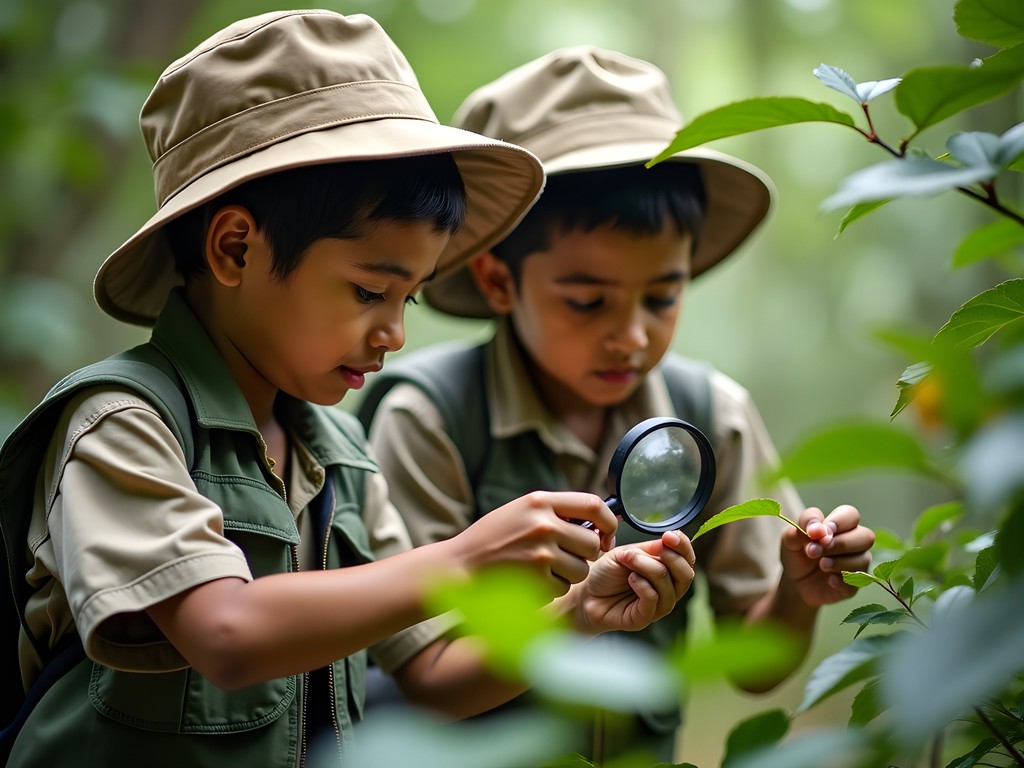
💡 Pro Tips
- Look for lodges with specific children's educational programs
- Pack a simple field guide appropriate for your children's ages
- Allow unstructured time for kids to explore safely and follow their own curiosity
Cultural Immersion: Beyond Wildlife
While Chitwan's wildlife rightfully takes center stage, the cultural experiences proved equally transformative for our family adventure. One afternoon, we traded our hiking boots for bare feet to participate in a traditional Tharu cooking class. The indigenous Tharu people have lived alongside the jungle for centuries, developing unique agricultural practices and cuisine that reflect their deep connection to the land.
My marathon nutrition regimen typically revolves around calculated carbs and proteins, but here we embraced local flavors with abandon. The children rolled up their sleeves to help prepare dhido (a traditional cornmeal staple) and ghonghi (snail curry) – foods they would have rejected outright at home but approached with curious enthusiasm in this context. Our host family taught us to eat the traditional way – with our hands – explaining how each ingredient connects to the surrounding ecosystem.
For families planning similar cultural immersions, I recommend bringing a portable cooking thermometer as a thoughtful gift for your host family. It's practical, lightweight to pack, and genuinely appreciated by those who cook over open fires.
The evening culminated in a Tharu stick dance performance where my normally shy niece joined local children in learning the steps. Language barriers dissolved as they moved together, proving again that some communications transcend words. Just as marathon running has taught me that our bodies can speak universal languages of effort and achievement, these cultural exchanges showed the children that friendship and learning can happen across any divide.
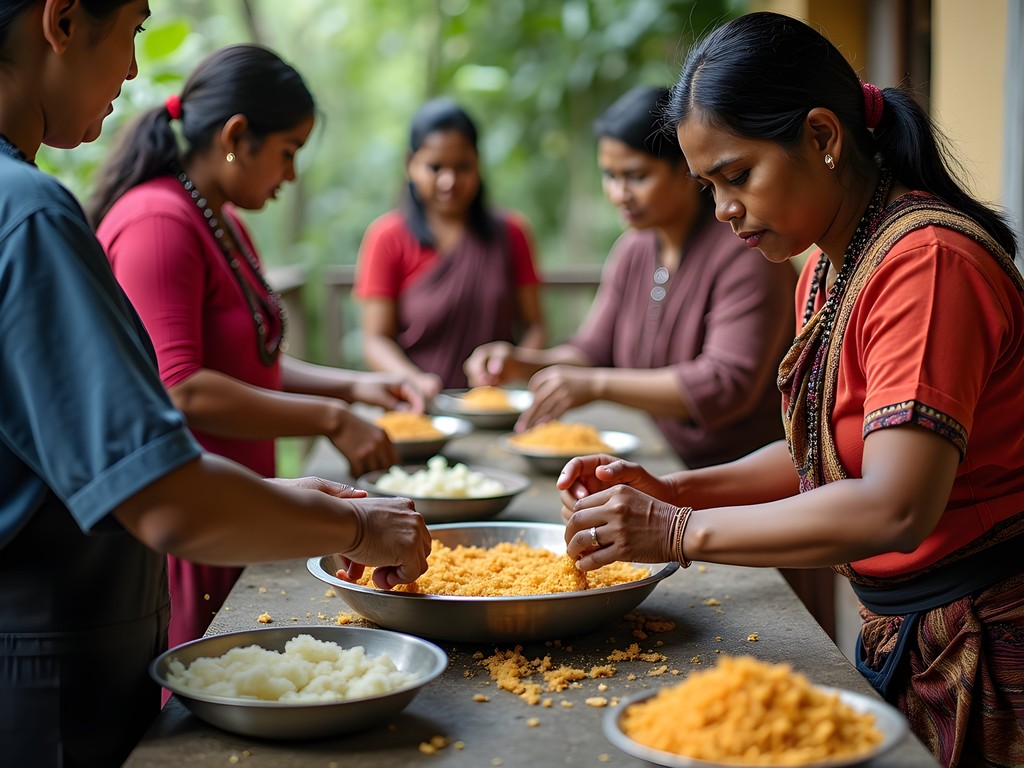
💡 Pro Tips
- Research appropriate gifts for local families before your trip
- Learn a few basic phrases in Nepali or Tharu language
- Let children try new foods at their own pace without pressure
Practical Planning: Making Chitwan Work for Families
Marathon training has taught me that preparation determines performance, and family travel to Chitwan requires its own strategic planning. First, accommodation choices matter enormously. We selected a mid-range lodge with family suites, ensuring we had enough space for everyone's gear and emotional breathing room after intense days of exploration.
Getting to Chitwan requires either a long drive from Kathmandu (7-8 hours) or a short flight to Bharatpur followed by a one-hour transfer. With children, I strongly recommend the flight option despite the higher cost – the road journey can be exhausting and occasionally nerve-wracking on mountain roads. We used the travel pillow for the kids during transfers, which prevented the cranky arrivals that can derail first impressions.
Health preparations are non-negotiable. Chitwan sits in a malarial zone, so appropriate medications, insect repellent, and mosquito nets are essential. Our lodge provided nets, but having personal repellent for dawn and dusk safaris protected us from the notorious jungle mosquitoes.
Packing requires marathon-level strategy. The jungle's humidity demands quick-dry clothing that offers sun and insect protection while being lightweight enough for comfort. I recommend bringing a portable washing kit to refresh sweaty clothes between adventures – it saved us from overpacking while keeping everyone in clean clothes throughout our stay.
Finally, manage expectations about connectivity. Many lodges offer limited Wi-Fi, which initially concerned my device-dependent niece and nephew. Surprisingly, by day two, they had forgotten about screens entirely – proof that nature's entertainment system still outperforms anything digital when given a fair chance.
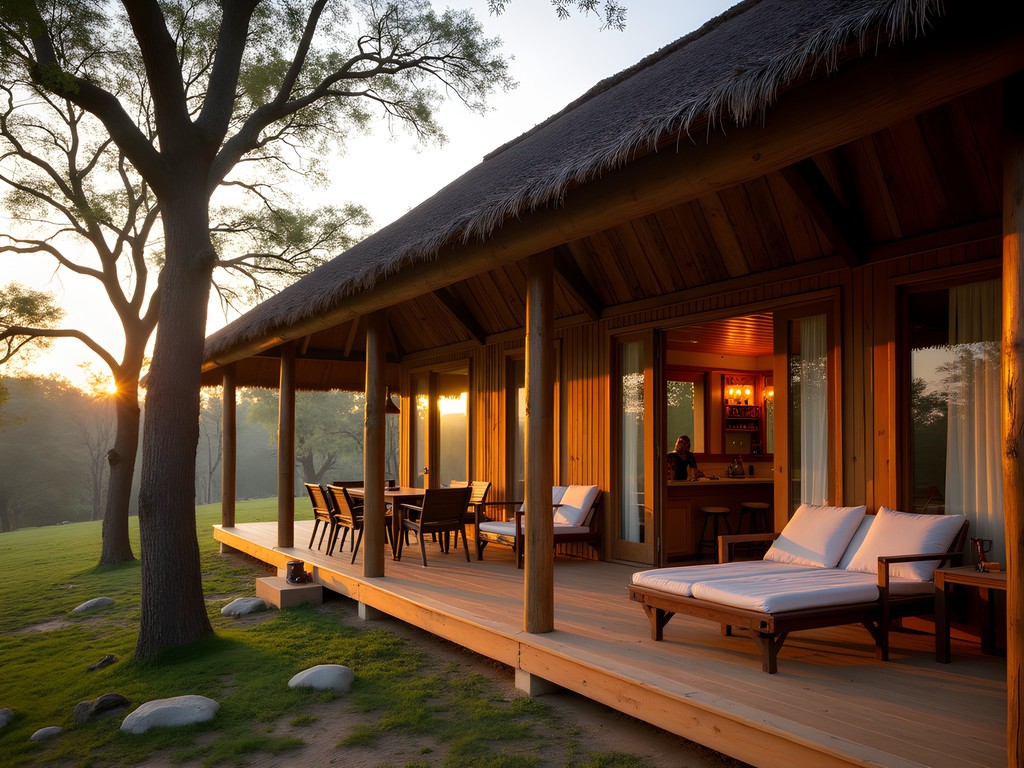
💡 Pro Tips
- Book accommodations with family rooms or connecting options
- Pack twice as many socks as you think you'll need – the humidity is real
- Consider the flight option to Bharatpur if traveling with young children
Final Thoughts
As we boarded our flight back to Kathmandu, my nephew clutched his wildlife journal filled with sketches and observations, while my niece wore her junior naturalist badge with the pride of someone who'd completed their first marathon. The mud had been washed from our boots, but the memories of rhino encounters, cultural connections, and jungle lessons had permanently imprinted on their developing worldviews.
Chitwan taught us that family travel isn't about checking destinations off a list but about finding places that challenge, educate, and transform. Just as marathon training reshapes not just the body but the mind, immersive family adventures in wild places like Chitwan National Park build neural pathways that no classroom or textbook could ever construct.
If you're considering taking your family beyond the typical vacation spots, Chitwan offers that rare combination of adventure, education, and accessibility that makes it ideal for families ready to step outside their comfort zones. The journey might require more planning than a beach resort, but like any challenging marathon route, the views along the way make every extra effort worthwhile. The jungle has its own rhythm – slower than my usual training pace but somehow perfectly timed for learning, connection, and growth. Sometimes the most important races are the ones we run together, collecting memories instead of medals.
✨ Key Takeaways
- Choose lodges with specific family and educational programs for maximum engagement
- Balance wildlife experiences with cultural immersion for a complete understanding of the region
- Prepare children beforehand about conservation ethics and why certain animal interactions aren't permitted
- Allow unstructured time for natural discovery alongside organized activities
- Pack strategically for jungle conditions with quick-dry, protective clothing and insect prevention
📋 Practical Information
Best Time to Visit
October-November (post-monsoon) or February-March (spring)
Budget Estimate
$150-250 per day for a family of four including accommodation, meals, and activities
Recommended Duration
4-5 days minimum to experience wildlife and cultural activities
Difficulty Level
Moderate - Requires Some Stamina For Early Mornings And Hot, Humid Conditions

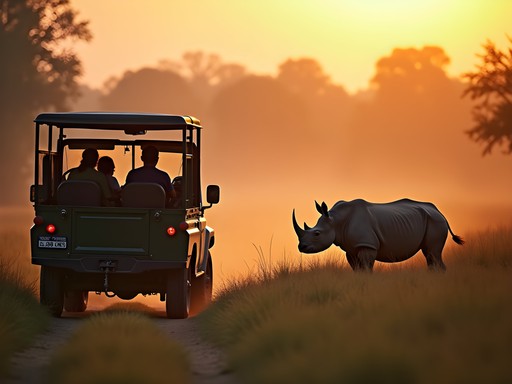
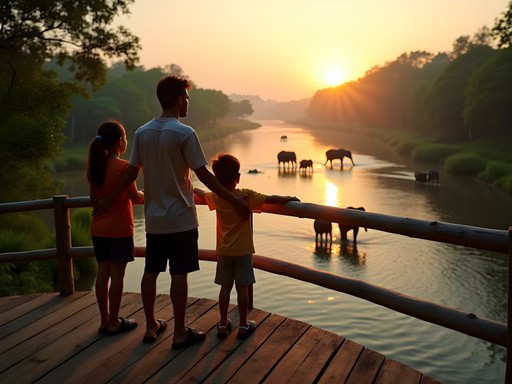
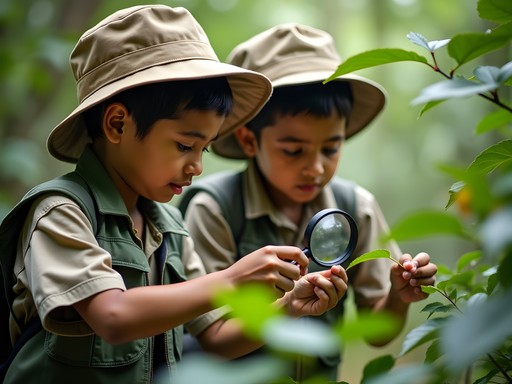
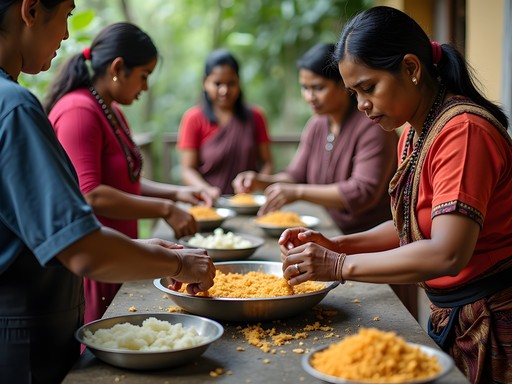
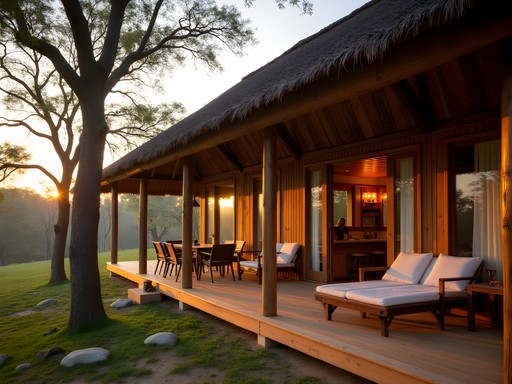


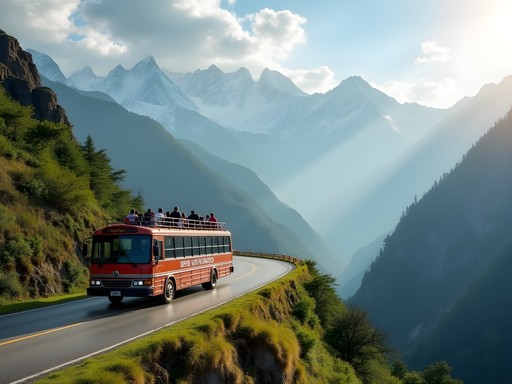
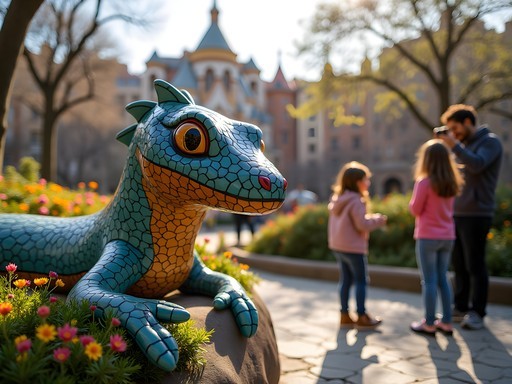
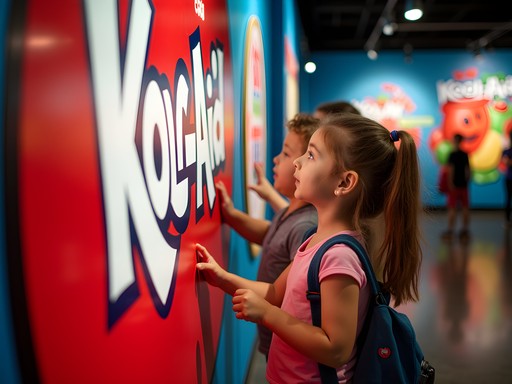

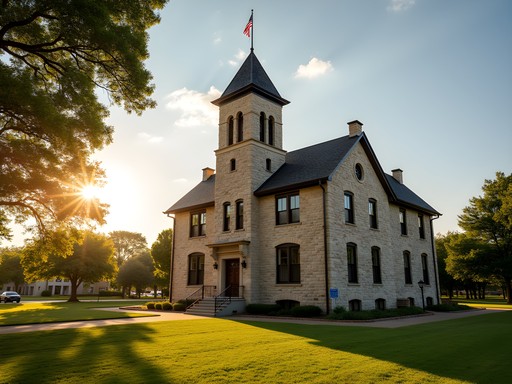
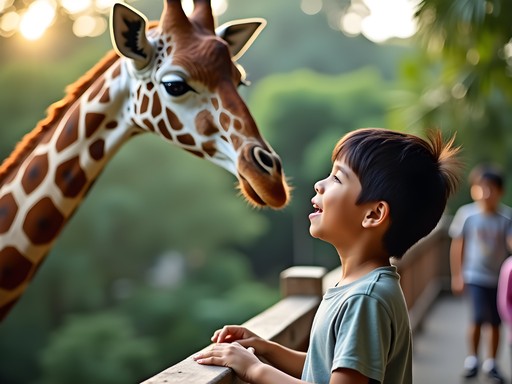

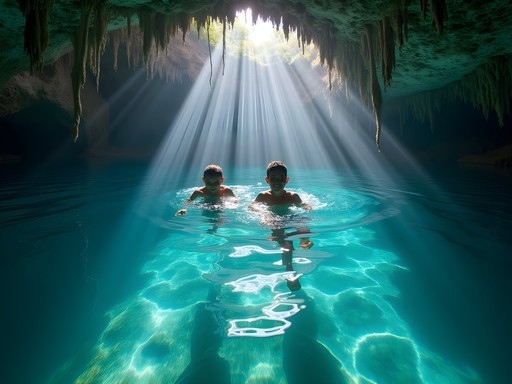
Comments
luckyrider9845
Love this!
triplife8837
What ages are your niece and nephew? Trying to figure out if my 6 year old would be ok with the jungle walks
Sage Dixon
Love that you addressed the ethical elephant tourism piece - it's so important. I visited Chitwan back in 2019 and was torn about the elephant encounters too. Ended up doing a walking safari instead and honestly, seeing rhinos on foot (with a trained guide!) was way more thrilling than any elephant ride could've been. The adrenaline rush when our guide signaled us to freeze because a mama rhino was nearby with her calf... unforgettable. Sounds like you found a good middle ground with the observation approach. How did the kids react to learning about conservation challenges?
Sophia Wright
Yes! The walking safari was incredible. My nephew actually got really fired up about anti-poaching efforts - he wanted to know everything about how the rangers protect the rhinos. It was amazing watching them connect those dots.
Hunter Thompson
Brilliant post Sophia! I did Chitwan solo on a shoestring budget but honestly wish I'd had kids with me for the educational side. The Tharu cultural program was one of my highlights - the stick dancing is incredible. Did you guys do the canoe trip down the Rapti River? We spotted so many crocodiles it was mental. Also the bird watching there is world class if you're into that. How long did you spend there total?
triplife8837
How many days would you recommend for families?
bluelover
how old were your niece and nephew? thinking about taking my kids but not sure if they're too young (6 and 8)
Sophia Wright
They were 7 and 10! I think 6 and 8 would be perfect actually - there's so much hands-on stuff for kids to engage with. The younger one might get tired on longer jungle walks but most activities are pretty flexible.
bluelover
ok awesome thanks!!
luckyvibes
How did you find the ethical elephant places? I've read mixed things about elephant tourism in Nepal and want to make sure we do it right with our family
Hunter Thompson
Not the author but I was there last year! The breeding center is brilliant - they don't do rides, just observation. Avoid any places offering elephant rides tbh
luckyvibes
Thanks! That's super helpful
redfan
This looks amazing!! Been wanting to take my kids somewhere like this
starexplorer
How many days would you recommend staying in Chitwan? Is 3 days enough or should we plan for more with kids?
Sophia Wright
We did 4 days which felt perfect. 3 days would work but might feel a bit rushed. The park deserves 2 full days, and then you'll want at least one day for cultural activities in the villages. Plus travel days can be tiring in Nepal!
sunnyhero
I'd second that! We did 3 days and wished we had one more. The morning safaris are magical but you need afternoon downtime with kids, so spreading activities over 4 days is ideal.
photobackpacker517
Those rhino photos are incredible! What camera setup did you use?
Sophia Wright
Thanks! Just my trusty Sony A7III with a 70-200mm lens. Nothing fancy, but the wildlife was so close sometimes that even phone cameras captured great shots!
photobackpacker517
Nice! The lighting in that sunrise shot is perfect.
sunnyhero
Just got back from Chitwan last month and it was incredible! We did the jeep safari and canoe ride combo which I'd highly recommend for families. Spotted 2 tigers (super lucky according to our guide) and countless rhinos. One thing I'd add for families - bring good binoculars for each kid! We brought our kids binoculars and they were perfect for little hands. Also, the mosquitoes were intense in some areas, so don't skimp on repellent. The cultural experiences in the surrounding villages were just as memorable as the wildlife. Did you try the local Tharu cuisine?
Sophia Wright
Yes! The Tharu cuisine was amazing - especially those dumplings (can't remember the name) and the fish curry. And you're right about the binoculars - such a game-changer for kids. Tigers - wow! That's incredibly lucky!
Venture X
Premium card with 2X miles, $300 travel credit, Priority Pass